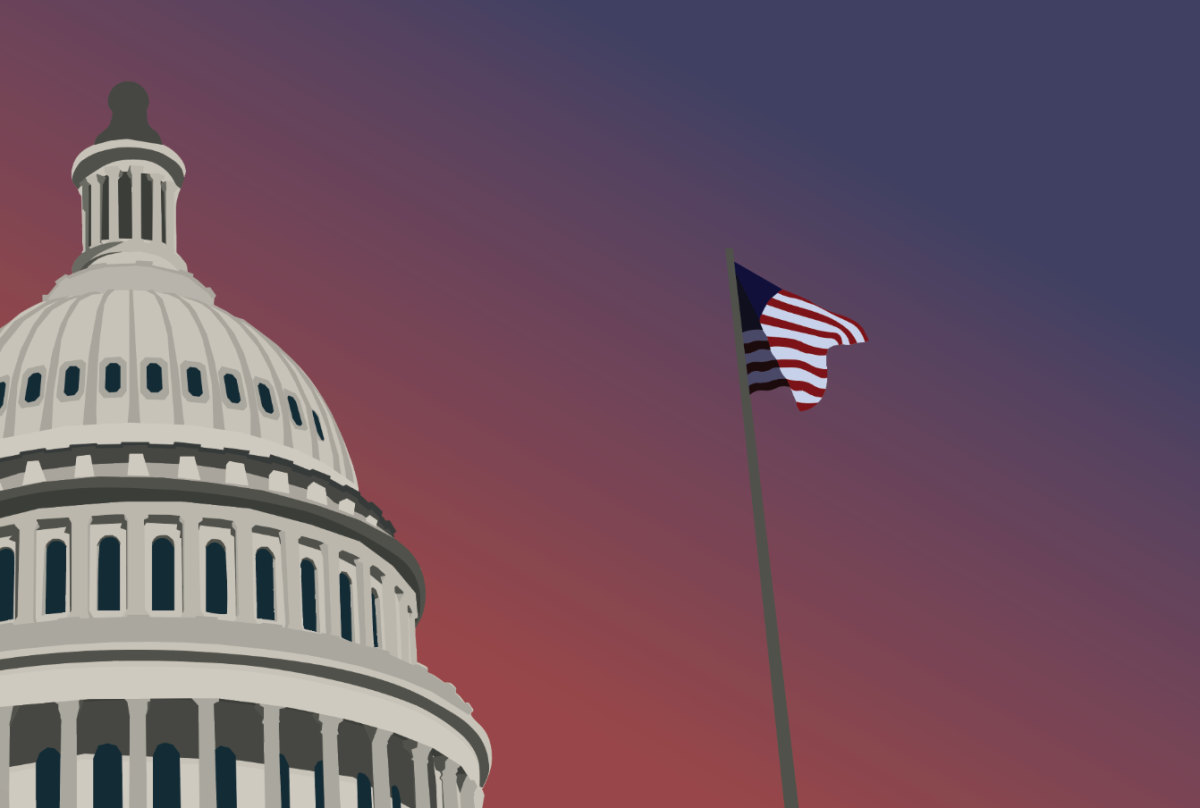Over 1,000 websites owned by Amazon Web Services went offline just after 3 a.m. on Monday, Oct. 20. According to Amazon Web Services, Amazon Web Services is the most globally used cloud with availability in over 120 zones. The company experienced an issue in their largest web database the morning of Oct. 20, kicking users off websites and apps reliant on their cloud.
According to Reuters, The Amazon Web Services outage was the biggest internet disturbance of the year thus far. Over 9,300 users reported issues by 1 p.m. on Oct. 20. Sophomore Winry Eymard said the outage made her realize that constantly being reliant on the internet is a risk.
“The internet can’t always be reliable,” Eymard said. “But at the same time, this has to do with whenever you have a monopoly.”
According to the National Broadcasting Company, Amazon Web Services was trying to fix the issues with their cloud all throughout the outage. One solution NBC came up with was to kick users off of various applications in order to begin restoring them. Eymard was one of the users kicked off of the apps, and said it impacted her ability to access schoolwork.
With over six million km of cabling, Amazon Web Services is the largest available cloud network. Over 1,000 websites and apps are therefore reliant on Amazon Web Services to power themselves. Support Technician Braxton Taylor said that technology companies being owned by a single company causes more people to be affected by a singular outage.
“It’s not fair in the sense that some people really needed to do stuff,” Eymard said. “But in another sense, I know in order to fix it, they needed to take action.”
A long term solution for large scale outages has not been released by Amazon web services. Taylor said creating stricter policies by governments could prevent monopolies.
“This is an outage from a singular company,” Taylor said. “It should not be seen as a standard or something that happens.”
With so many websites using Amazon Web Services’s cloud, technology is becoming more centralized within big companies, risking the creation of a monopoly on internet access. Eymard said she worries that a monopoly could raise prices and cause a larger crash in the future.
“That’s why we made laws against monopolies,” Eymard said. “Lately, [the government] has been doing a worse job of that.”







